Reality TV has become a staple of modern entertainment, captivating audiences with its unscripted drama, real-life intrigue, and raw human emotion. Yet, the phenomenon dates back decades, long before the genre became a global juggernaut. In this blog post, we journey through time to revisit the pioneering shows that laid the groundwork for today’s reality TV landscape. From the groundbreaking antics of Candid Camera to the cultural exploration of The Real World, these programs were the trailblazers of unscripted television. We’ll explore the unique characteristics, innovative formats, and lasting impact of these 15 seminal shows that helped shape our viewing habits.
1. Candid Camera – 1948 (U.S.)
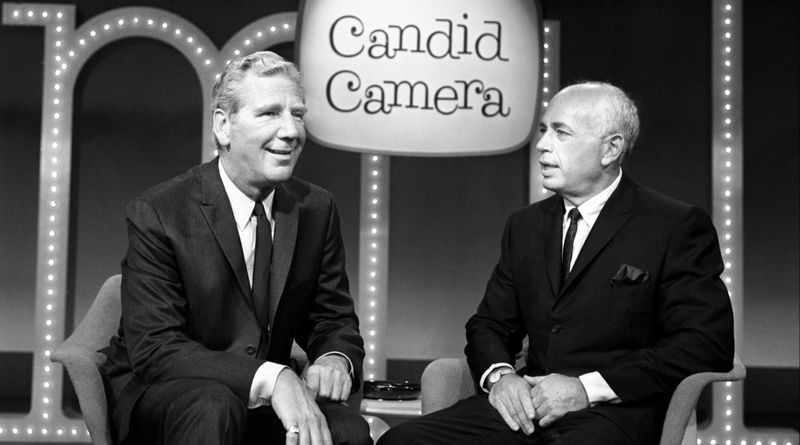
Candid Camera, the original hidden camera show, debuted in 1948 and quickly became an American institution. This program captured the genuine, often humorous reactions of unsuspecting people confronted with bizarre, staged situations. What set it apart was its ability to find humor in everyday life.
Viewers were enchanted by the playful antics and the unfiltered glimpses into human behavior. Its creator, Allen Funt, became a household name, and his catchphrase, “Smile, you’re on Candid Camera,” echoed through the decades.
The show’s success lay in its relatability, highlighting both the quirks and kindness of ordinary people.
2. An American Family – 1973 (U.S., PBS)
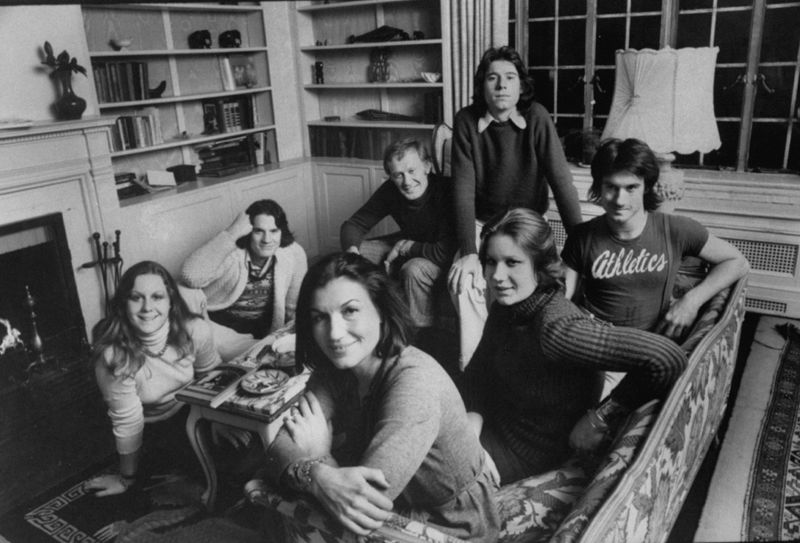
An American Family, aired in 1973 on PBS, is often considered the first true reality TV series. The show chronicled the lives of the Loud family, offering an unvarnished look at a typical American household.
With 12 episodes, it presented a raw and, at times, uncomfortable exploration of family dynamics, divorce, and personal struggles. The series was groundbreaking for its candid portrayal of real-life challenges.
By stripping away scripted scenarios, it provided viewers with an unprecedented window into the complexities of modern family life and paved the way for future docu-reality programs.
3. The Family – 1974 (UK, BBC)
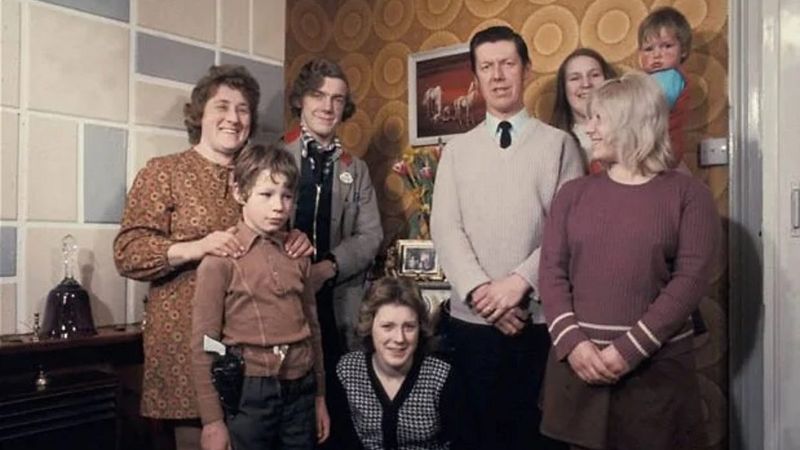
The Family, aired in 1974 on BBC, brought the concept of An American Family to British television. It followed the working-class Wilkins family from Reading, offering an intimate look at their day-to-day existence.
This series broke new ground by bringing documentary-style storytelling to the UK audience. It showcased real emotions, conflicts, and interactions, devoid of any script.
The Family became a cultural touchstone, sparking debates about privacy and the ethics of televising personal lives. It left an indelible mark on British television by proving that reality could be as compelling as fiction.
4. That’s Incredible! – 1980 (U.S., ABC)
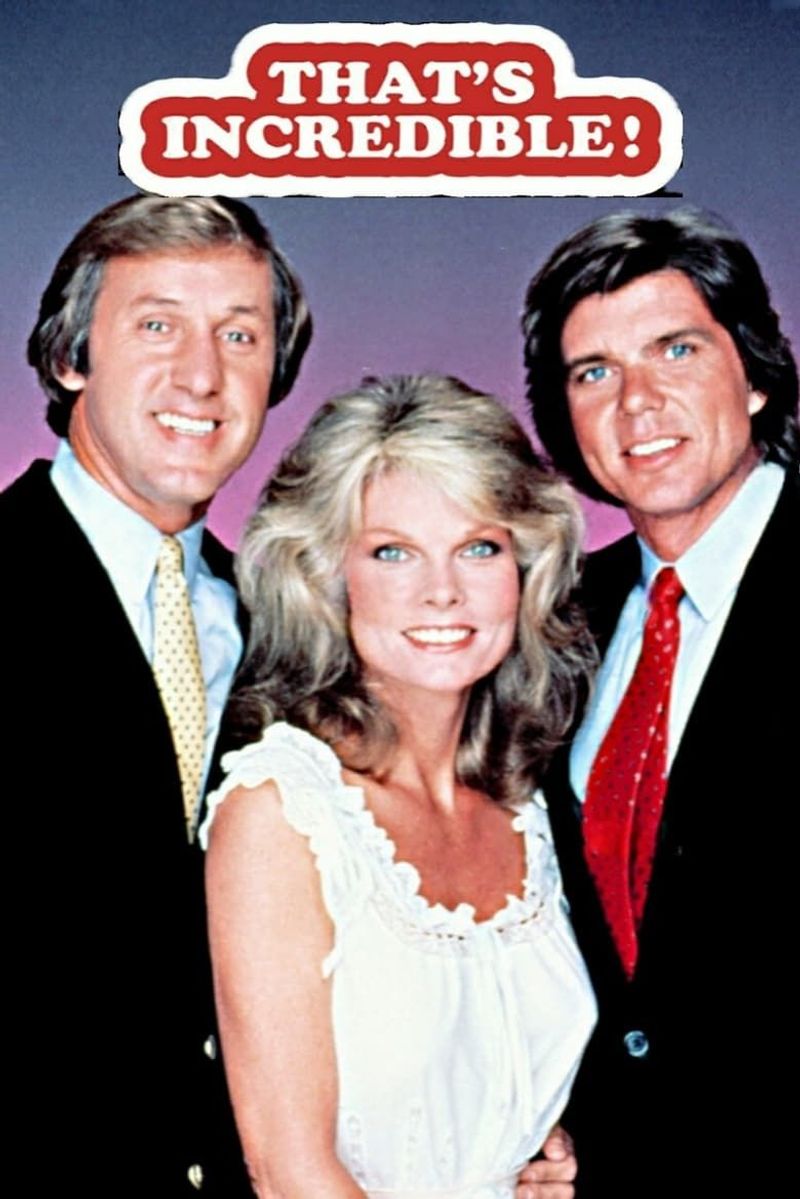
That’s Incredible!, launched in 1980, was a unique blend of reality and variety show on ABC. It featured real-life stunts, incredible talents, and heartwarming human-interest stories, making it a captivating watch.
The show was known for pushing the boundaries of what was possible on television, showcasing feats that left audiences stunned. Its hosts, including Fran Tarkenton and John Davidson, became familiar faces.
With each episode, viewers were treated to a mix of the extraordinary and the bizarre, setting the stage for later reality shows focused on talent and spectacle.
5. COPS – 1989 (U.S., FOX)
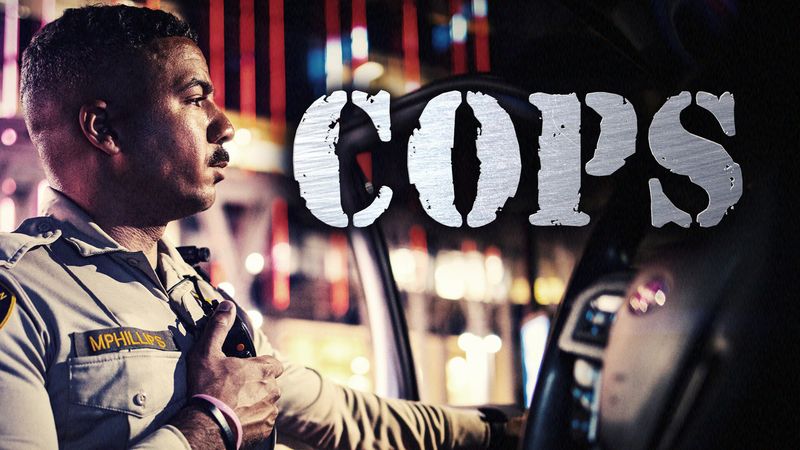
COPS, which premiered in 1989, offered an unfiltered, gritty look at police work across America. Unlike other scripted crime dramas, COPS used handheld cameras to follow real officers on duty, capturing raw and unscripted moments.
Its iconic theme song, “Bad Boys,” became synonymous with the show, as viewers were drawn into the adrenaline-fueled world of law enforcement. The show’s format was revolutionary, as it presented real-life crime and justice without scripts or actors.
COPS set the standard for ride-along reality shows and highlighted the unpredictable nature of police work.
6. America’s Funniest Home Videos – 1989 (U.S., ABC)
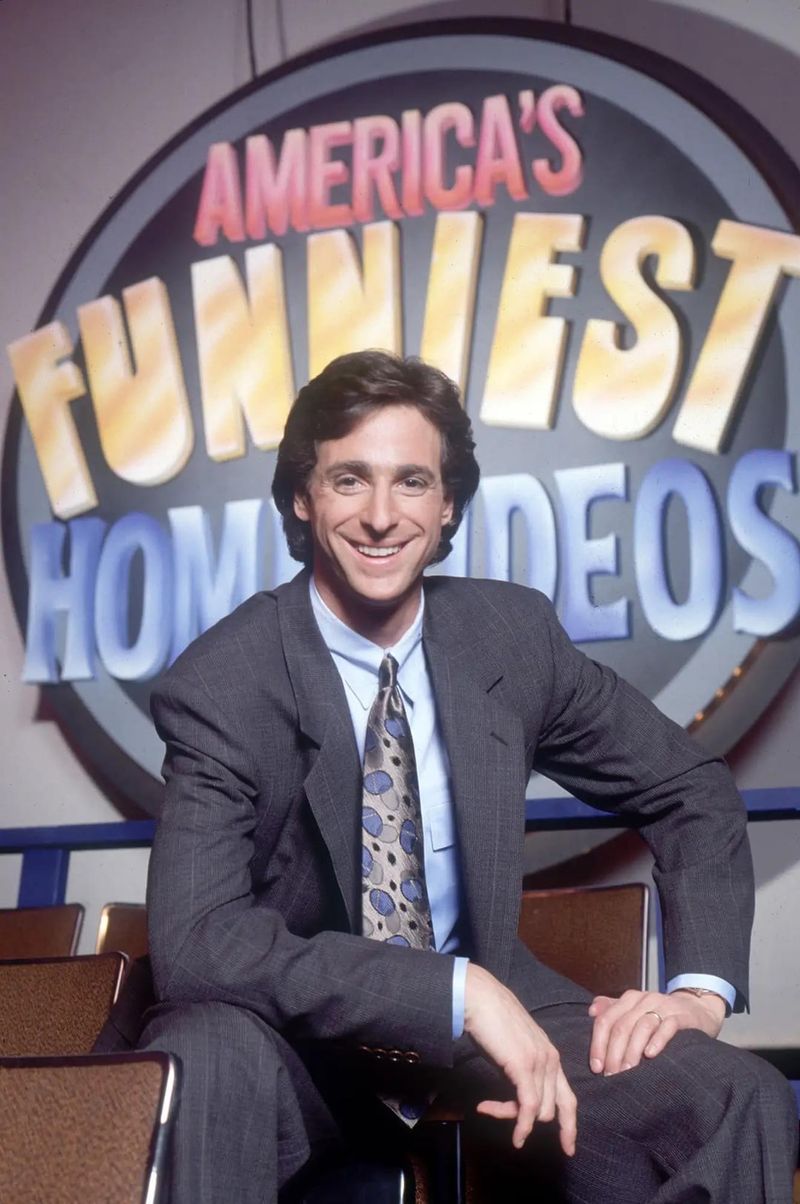
America’s Funniest Home Videos, debuting in 1989, was a pioneer of user-generated content. Hosted by Bob Saget, the show compiled humorous and often endearing home videos submitted by viewers.
Its appeal lay in the candid and often unexpected moments captured on camera, resonating with families across America. The winning videos often featured pets, children, and hilarious mishaps, earning their creators cash prizes.
This format of crowd-sourced, lighthearted content paved the way for many similar shows, celebrating the simple joy of everyday life captured on film.
7. The Real World – 1992 (U.S., MTV)
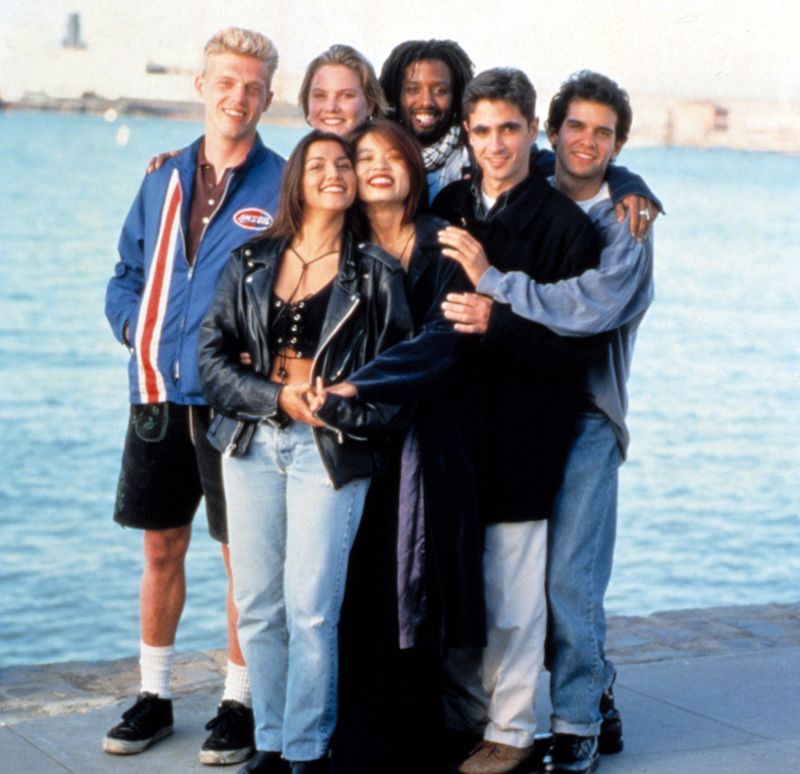
The Real World, launched by MTV in 1992, was a groundbreaking social experiment that changed the landscape of reality TV. It brought together strangers from various backgrounds to live under one roof, with cameras documenting their every move.
The series was revolutionary in its exploration of social issues, personal relationships, and cultural dynamics. It often sparked conversations about race, sexuality, and politics.
The Real World’s raw, unscripted format and diverse cast members turned it into a cultural phenomenon, influencing countless reality shows that followed.
8. Road Rules – 1995 (U.S., MTV)
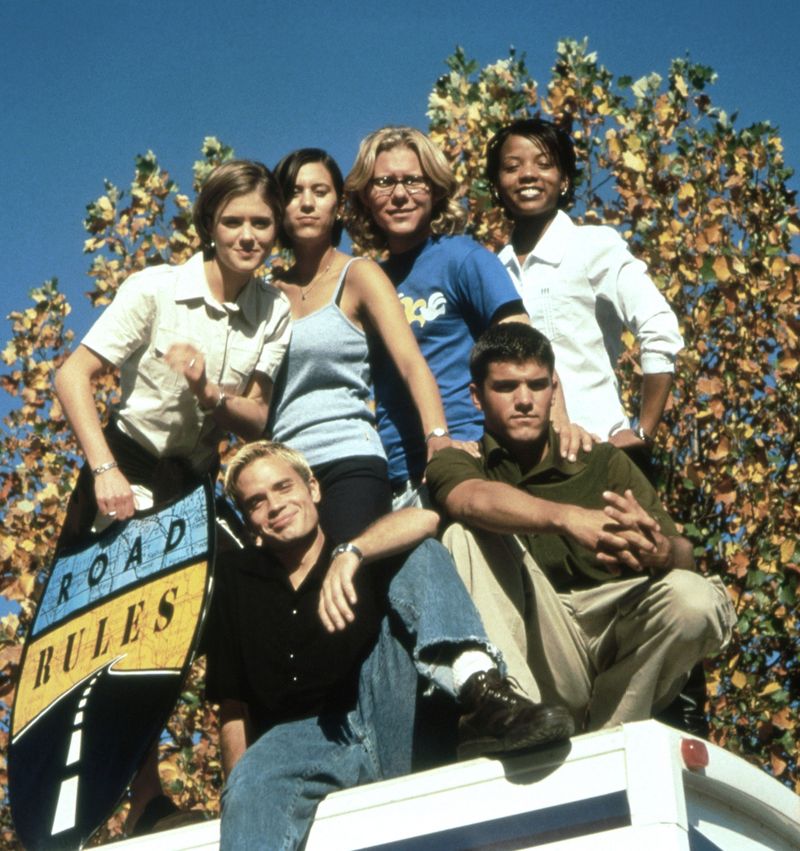
Road Rules, an MTV creation from 1995, took the reality TV concept on the road. Five to six strangers embarked on an epic journey in an RV, tackling various challenges along the way.
The show combined elements of travel, adventure, and interpersonal drama, as participants navigated both physical tasks and emotional dynamics. Road Rules introduced viewers to a new kind of reality television, emphasizing personal growth and teamwork.
Its success lay in its blend of adventure and human stories, inspiring future travel-based reality shows.
9. Changing Rooms – 1996 (UK, BBC)
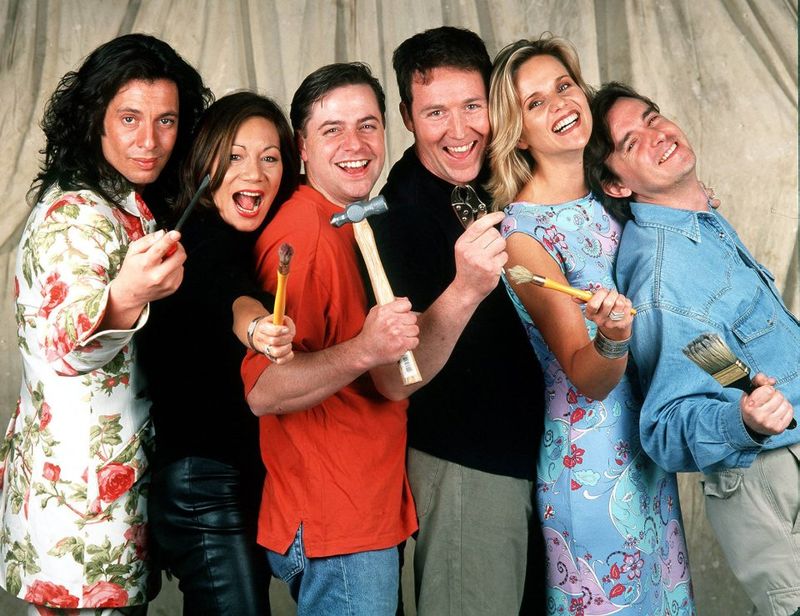
Changing Rooms, a 1996 UK BBC production, revolutionized home makeover shows. Two neighboring sets of homeowners swapped houses to redecorate a room in each other’s homes within a limited time and budget.
The show’s charm was in its unpredictability, creative designs, and sometimes shocking reveals. Host Carol Smillie and a team of designers guided the transformations, often with surprising results.
Changing Rooms became a cultural phenomenon, spawning numerous international adaptations and inspiring the genre of home renovation reality TV.
10. Expedition Robinson (Survivor Sweden) – 1997 (Sweden)
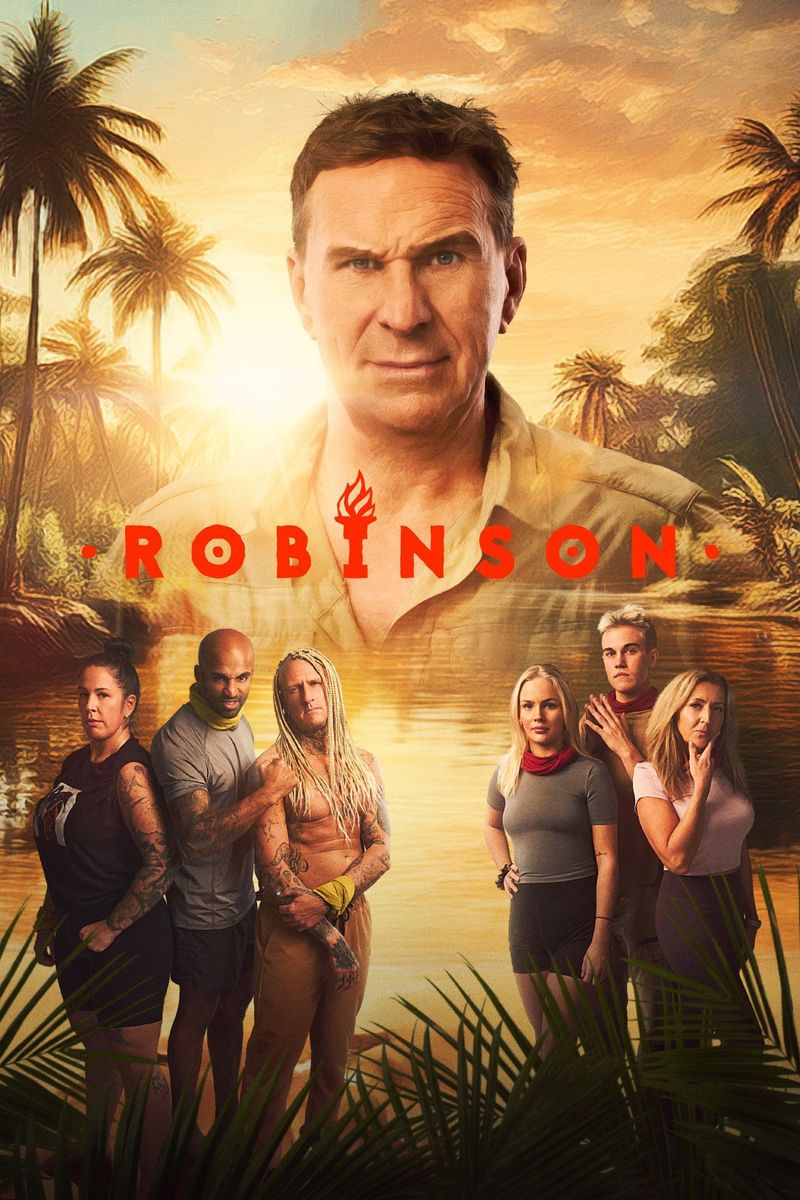
Expedition Robinson, the prototype for the global Survivor franchise, premiered in Sweden in 1997. Contestants were marooned on a deserted island, competing in survival challenges to avoid elimination.
The show was groundbreaking in its competitive format, introducing the concept of tribal councils and alliances. It combined elements of psychology, strategy, and human endurance.
Expedition Robinson’s success set the stage for the worldwide Survivor phenomenon, defining the competitive reality TV genre and captivating audiences with its intense drama and intrigue.
11. Big Brother – 1999 (Netherlands)
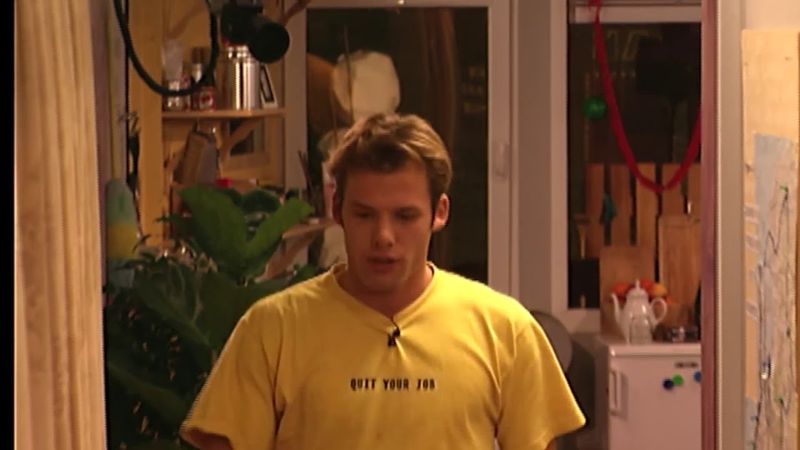
Big Brother, which premiered in the Netherlands in 1999, introduced the world to 24/7 surveillance reality TV. Contestants lived together in a house, cut off from the outside world, with every move monitored by cameras.
The show’s voyeuristic approach captivated viewers, who could watch live feeds and weekly episodes showing alliances, conflicts, and eliminations. The phrase “Big Brother is watching you” took on new meaning.
Big Brother’s impact was profound, leading to numerous international versions and popularizing the concept of live, unscripted TV.
12. The 1900 House – 1999 (UK, Channel 4 / PBS)
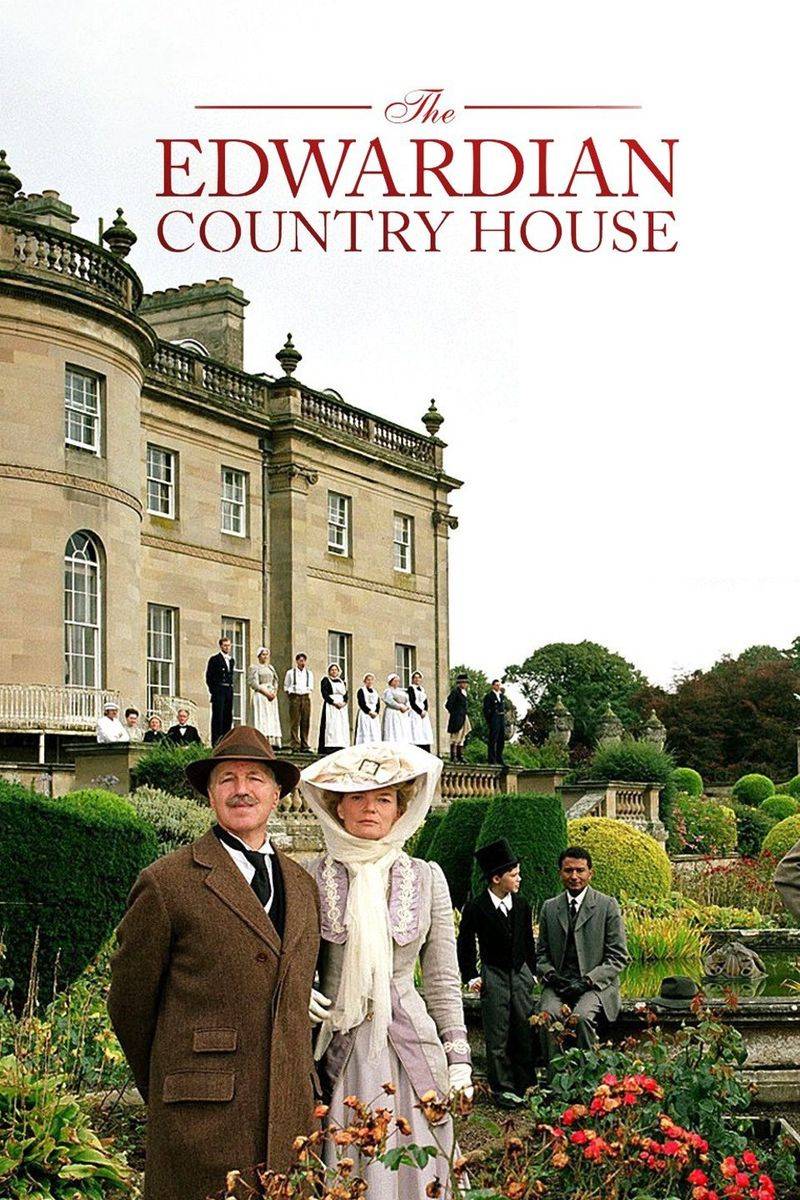
The 1900 House, a collaboration between UK Channel 4 and PBS, aired in 1999, immersing a modern family in the lifestyle of the Victorian era. This “living history” series was an innovative blend of reality TV and historical reenactment.
The family had to adapt to the technological and societal norms of 1900, offering viewers a fascinating glimpse into the past. The challenges included cooking on a coal stove and living without electricity.
The 1900 House captivated audiences with its insightful portrayal of historical life, blending education with entertainment.
13. Blind Date – 1999 (U.S., Syndicated)
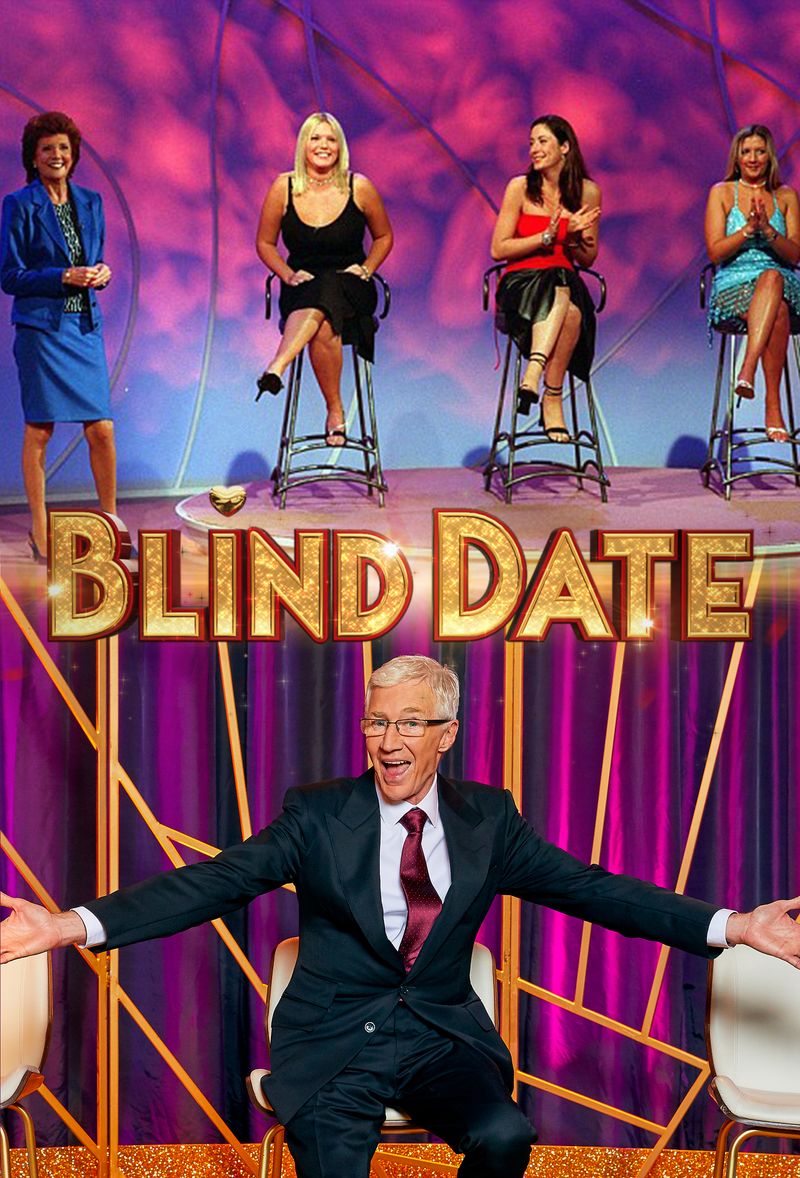
Blind Date, debuting in 1999, brought a humorous twist to the traditional dating show. It paired singles for dates, capturing their interactions and adding sarcastic on-screen captions for comedic effect.
The show was known for its playful tone and light-hearted commentary, making the awkwardness of first dates entertaining. With host Roger Lodge, it became a staple of daytime TV.
Blind Date’s format was both innovative and entertaining, influencing subsequent dating shows by highlighting the humor in romantic pursuits.
14. Making the Band – 2000 (U.S., ABC/MTV)
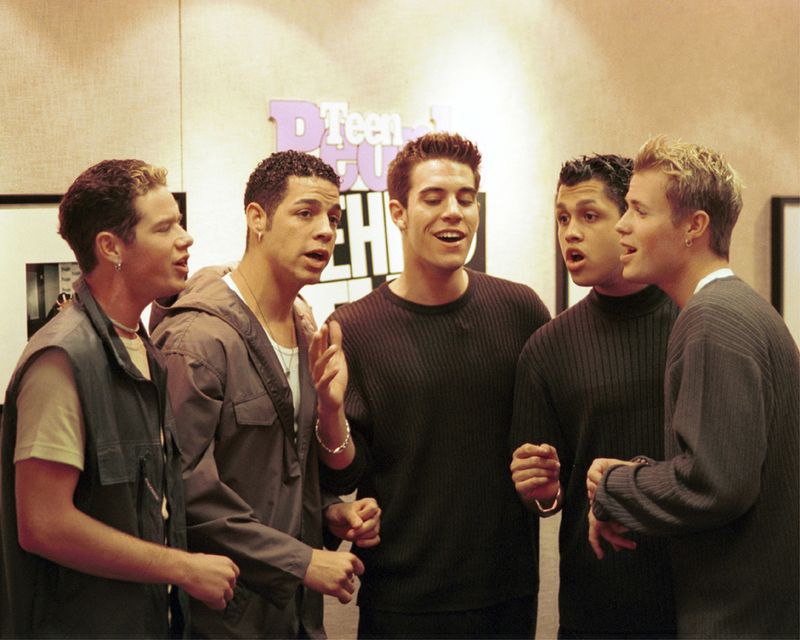
Making the Band, launched in 2000, took viewers behind the scenes of the music industry. Aspiring musicians competed for a spot in a new pop band, offering a blend of talent, drama, and ambition.
The show, which aired on both ABC and MTV, illustrated the rigorous process of forming and managing a band, from auditions to recording sessions and live performances. With Lou Pearlman as the mastermind, viewers witnessed the highs and lows of the music business.
Making the Band paved the way for reality shows centered on talent discovery and entertainment.
15. Who Wants to Marry a Multi-Millionaire? – 2000 (U.S., FOX)
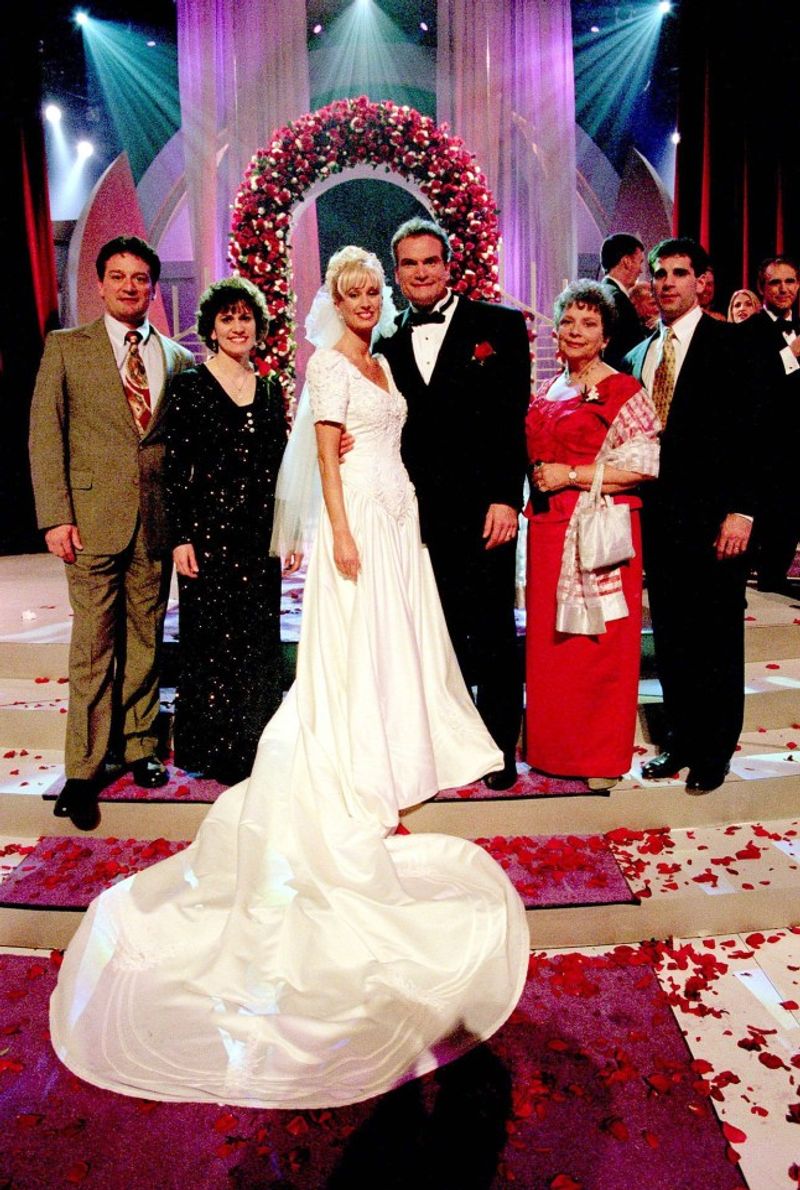
Who Wants to Marry a Multi-Millionaire?, aired in 2000 on FOX, was a one-night reality TV event that blended romance, mystery, and spectacle. Contestants competed for the affections of an undisclosed millionaire, adding intrigue to the proceedings.
The show was a precursor to dating reality shows like The Bachelor, offering a mix of love, competition, and drama. Its format drew both curiosity and criticism for its unconventional approach to matchmaking.
Despite its controversial reception, the show showcased the growing appetite for reality TV and paved the way for similar formats.

Comments
Loading…